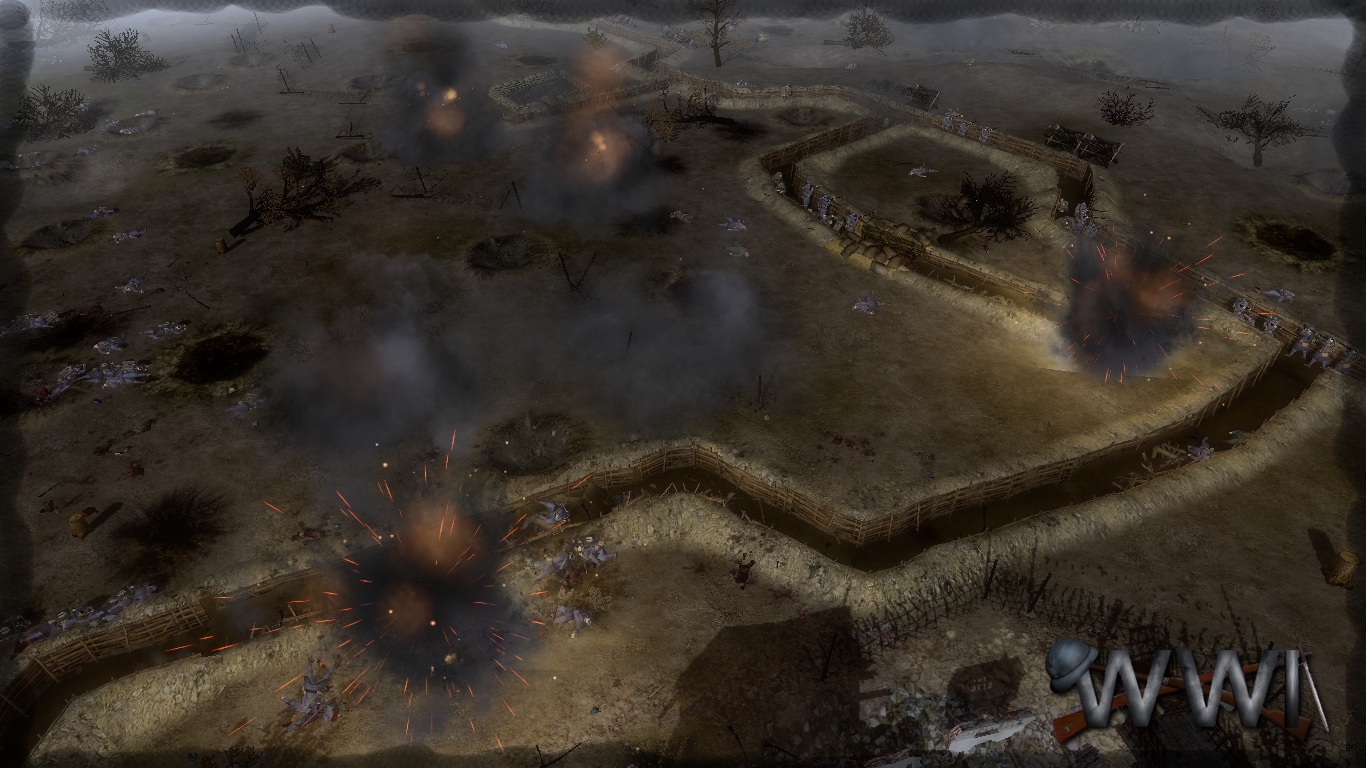
Hungary, Warfare in Medieval and Early Modern Hippolyte, Comte de Guibert, Jacques Antoine Recent historiography of the battle has also been shaped by a general move away from operational military history toward a history of the battle from below that looks at the experience from the perspective of the ordinary poilu and Landser.Īfrica, Gunpowder and Colonial Campaigns inĪll-Volunteer Army, Post-Vietnam Through 2016Īrmed Forces of the Ottoman Empire, 1683–1918Īustralia from the Colonial Era to the Presentīattle of Route Coloniale 4, 1950: France’s first devastat.īritish Armed Forces, from the Glorious Revolution to Pres.Ĭommunications, French Revolution to Present Until the recent return of the surviving archival records from the former Soviet Union, this has constrained research on the German side of the battle. Historiography of the battle has also suffered from the destruction of the German army archives during bombing in World War II. Some of the key German and French titles have been translated into English, but most have not been. However, the vast bulk of this literature has been in German or French, with only a few important studies in English. As such an important battle in World War I in particular, and in European history in general, it has generated considerable interest from both military and civilian observers. Taylor once described the battle of Verdun as “the most senseless episode in a war not distinguished for sense anywhere.” Despite this, or perhaps because of it, the battle has subsequently been used by modern France and Germany as a unifying experience for the two nations. The battle was also a great propaganda victory for the French, but one won at extraordinary human cost. The battle ended in obvious defeat for the German army, which led to the replacement of the German chief of the general staff, General Erich Falkenhayn. Most units of the French army and many of the German army fought in what was described by both sides as the “hell of Verdun.” Between the battle’s start and the end of August (when the Germans ceased offensive operations), some 281,000 Germans and some 315,000 Frenchmen were killed or wounded.

For most of 1916, German and French soldiers fought tooth and nail for a few square miles of terrain around the French fortress city of Verdun, in what was the quintessential “battle of attrition” of World War I. Launched by the German Fifth Army on 21 February 1916, it did not come to an end until the final French counterattack was ended on 19 December 1916.

The battle of Verdun was the longest, if not the bloodiest, single battle in World War I.


 0 kommentar(er)
0 kommentar(er)
